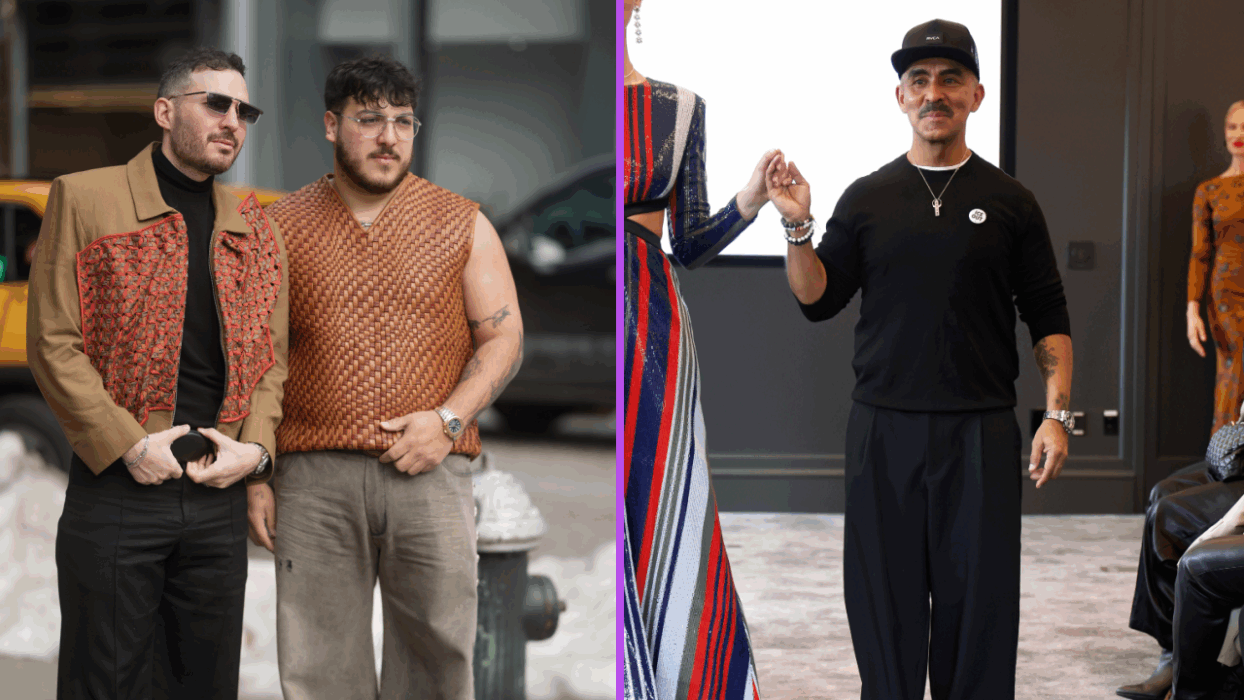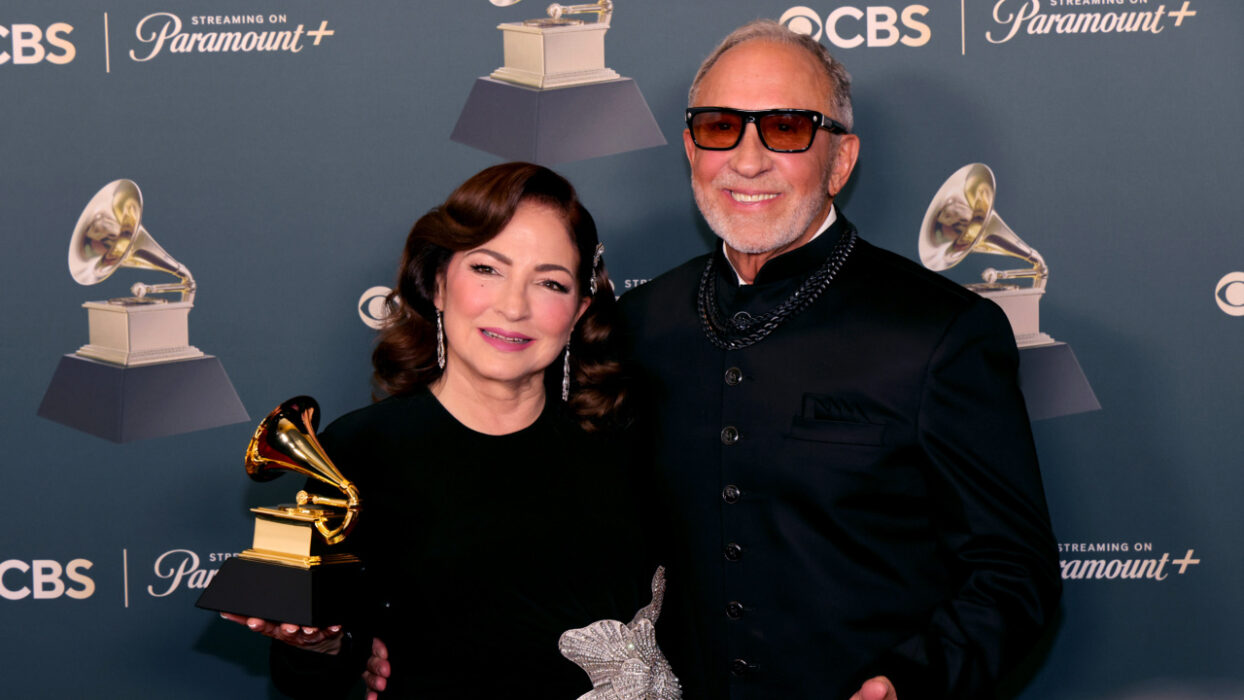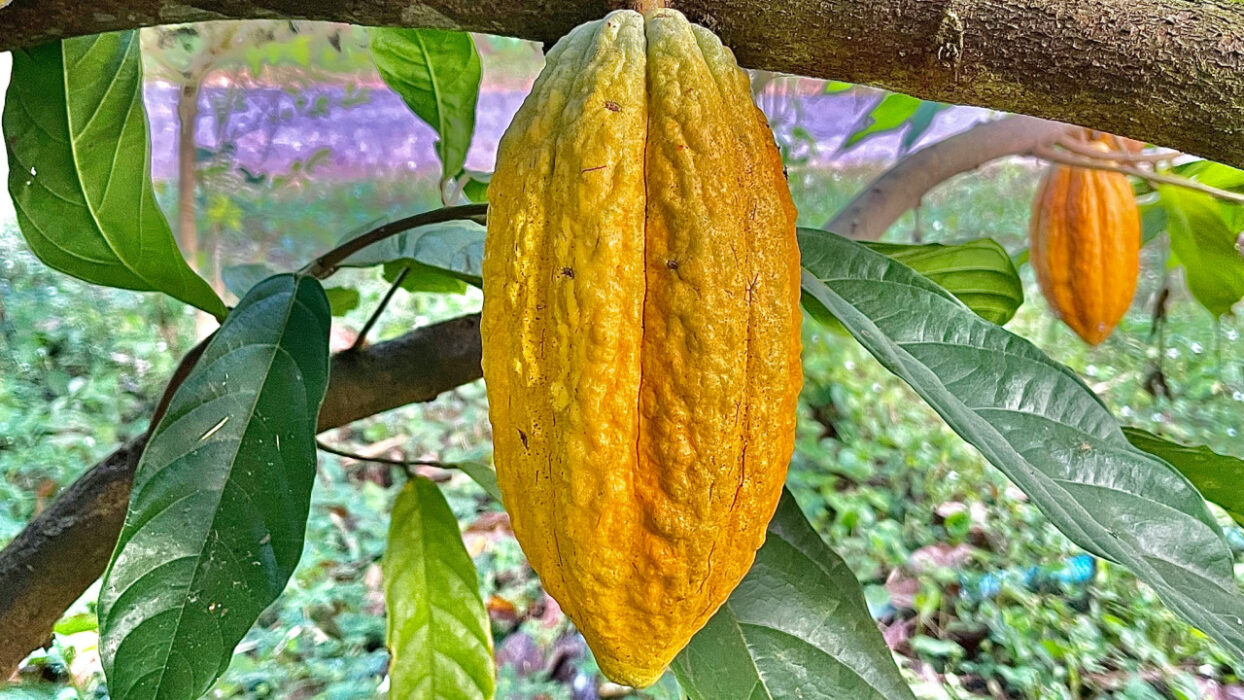
TikTok Video Highlights How Many Abuelas Latinas Normalize Colorism
It’s no secret many of us Latinos sadly grew up with internalized racism and normalized colorism at every turn.
Who else remembers family members comparing your skin tone or hair texture to cousins or siblings? If you had thicker, curlier hair, you might have heard the dreaded “pelo malo” comment. Meanwhile, a lighter skin tone could win you praise, but a darker skin color could mean the opposite.
Many have even spoken out about abuelas choosing a white-passing nieto as their favorite. Not to mention the supremely-racist “mejorando la raza” phrase, urging family members to marry people with light skin.
In short, many Latino families normalize racism and colorism every day. While it’s important to confront these issues head-on, one TikToker chose to make a video about how colorist many abuelas are — and it’s unfortunately very accurate.
One TikToker’s video about many Latinx grandmothers’ colorist comments
TikTok user @paqjonathan1 captioned his video with, “I have trauma cause of them.”
The TikToker focuses on the word “prieto” or “dark” throughout the clip, pointing out how many Latinx abuelas use it as a damaging nickname. He starts the video imitating so many abuelas, saying, “This one’s so dark, right? This one was born so dark, mijo.”
The next part of the video shows “prieto” can be used in an affectionate way. The TikToker continues, “That’s how I love you… prieto, my chulo.” What?!
Sometimes, abuelas can question why members of the family were born with a darker skin tone. As if that even needs to be a question in the first place. @paqjonathan1 imitates the “colorist grandma” by saying: “Why did this one come out so dark? The dad isn’t that dark, right?”
And to add insult to injury, sometimes racist family members begin to predict future babies’ skin tone. The video concludes with, “Well you’re dark and your girlfriend is dark, imagine, the kids are going to come out prietos prietos.”
Many users are reacting to the video and sharing their stories
Further, many TikTokers are commenting about their own experiences with colorism and racism, showing how widespread the issue is. One user wrote, “My nickname literally is just prieta” while another echoed, “My nickname is negrita.”
Many Latinos can relate, with nicknames like “prieta/o” and “negrita/o” used as a term of endearment for many, that also denotes a darker skin tone. While some people may say this name-calling “builds character” or “toughens us up,” it actually just generates insecurities from childhood. There’s no doubt racial representation on TV is important, but so is celebration of diversity at a family level.
Other commenters pointed out how colorism affected their day-to-day activities. One person explained, “I literally stayed inside from 2010-17😅” and another remembered, “my mom not wanting us to play outside in the summer too much because we’d get prietos.”
Even celebs have talked about this: John Leguizamo admitted he “stayed out of the sun” so he could get roles.
What to say to racist or colorist family members
In short, how is anyone to supposed to feel when your closest family members make you feel less than for the physical features you were born with? It’s deeply confusing and undoubtedly traumatic, no matter how many times people may call these nicknames terms of endearment.
Many of us remember comparing our darker, coarser hair to our cousin’s lighter, straight texture, or similarly comparing skin tones. Some may even have wasted birthday wishes on wanting to look different. With colorism still so rampant in the Latino community, where does it stop?
Yet another commenter gave their two cents and we couldn’t have said it better ourselves: “We laugh it off but we have to stop normalizing it!!”
They continued, “I now correct my parents, I don’t want my babies having the same trauma as me.”
There’s no doubt correcting family members is the first step, along with admitting any racial bias within ourselves. Particularly now, as the holidays are approaching (and those family parties), it’s important to know what to reply to racist comments.
Don’t be afraid to tell your abuela that marrying a white person isn’t “mejorando la raza” because your race does not need improvement or to even lovingly educate abuelas on why this phrase has racist undertones and how it makes you feel. Negative comments about your natural hair texture can simply be met with, “I love my hair this way. I prefer it.”
Firmly tell your parents, abuelos, or tíos that being called “prieto” (or as some commenters chimed in, “galleta quemada” or “muñeca de chocolate”) will no longer be accepted.
As another TikTok user put it, it’s all about having “zero tolerance for this abusive behavior.”




